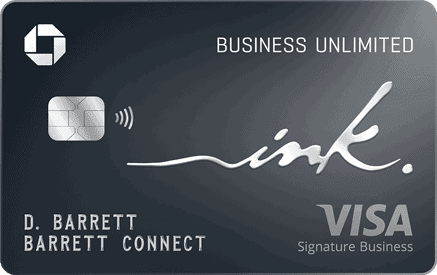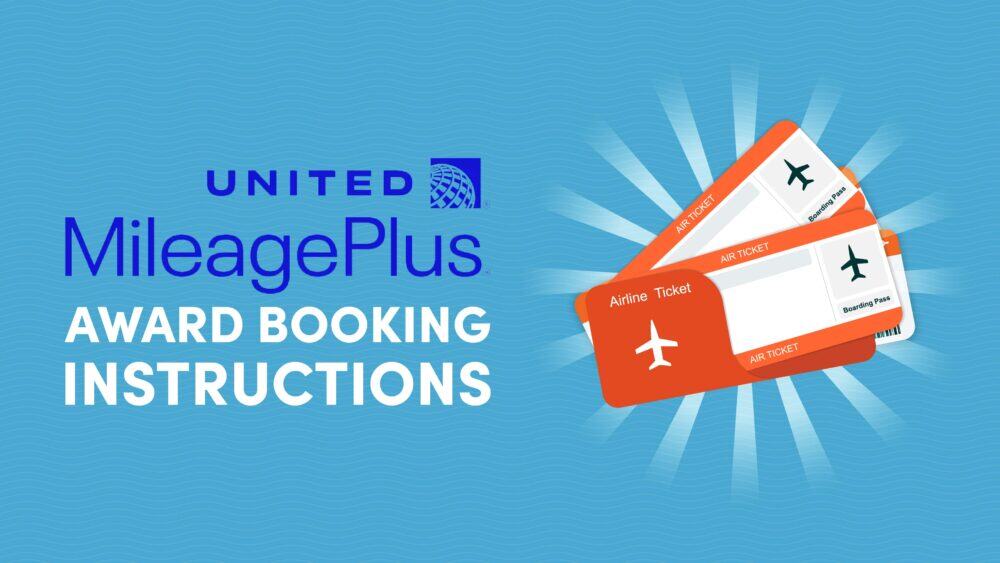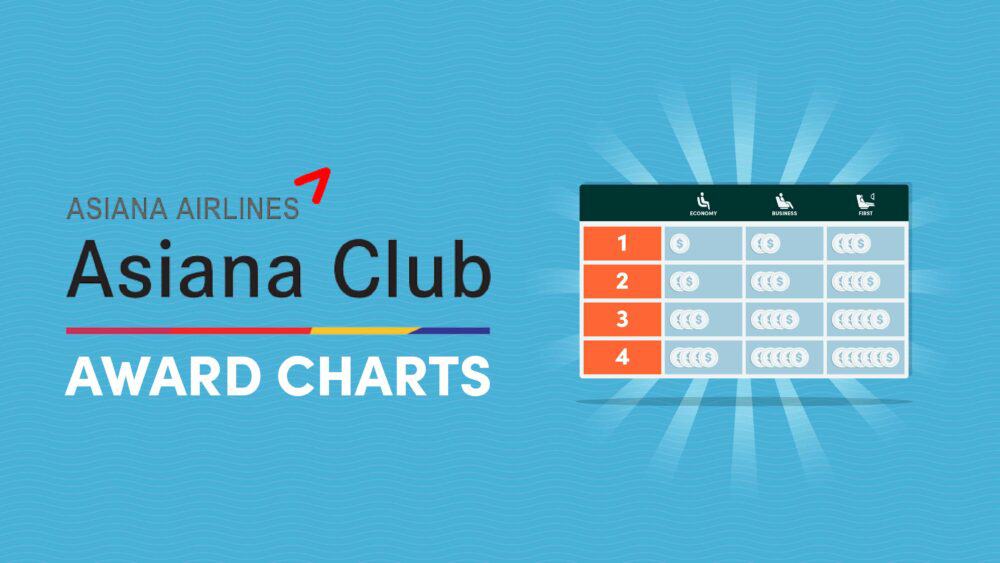
10xTravel is part of an affiliate sales network and receives compensation for sending traffic to partner sites, such as CreditCards.com. This compensation may impact how and where links appear on this site. This site does not include all financial companies or all available financial offers. Terms apply to American Express benefits and offers. Enrollment may be required for select American Express benefits and offers. Visit americanexpress.com to learn more. All values of Membership Rewards are assigned based on the assumption, experience and opinions of the 10xTravel team and represent an estimate and not an actual value of points. Estimated value is not a fixed value and may not be the typical value enjoyed by card members.
Note: Some of the offers mentioned below may have changed or may no longer be available. The content on this page is accurate as of the posting date; however, some of our partner offers may have expired. You can view current offers here.
I’ve written before about my unexpected trip to Kazakhstan—the reason for travel was my grandmother’s sudden passing. I redeemed United MileagePlus miles for two award tickets for my mom and me and paid the close-in booking fees of $75 per passenger.
Our journey there went fine, but unfortunately, the return didn’t go as smoothly.
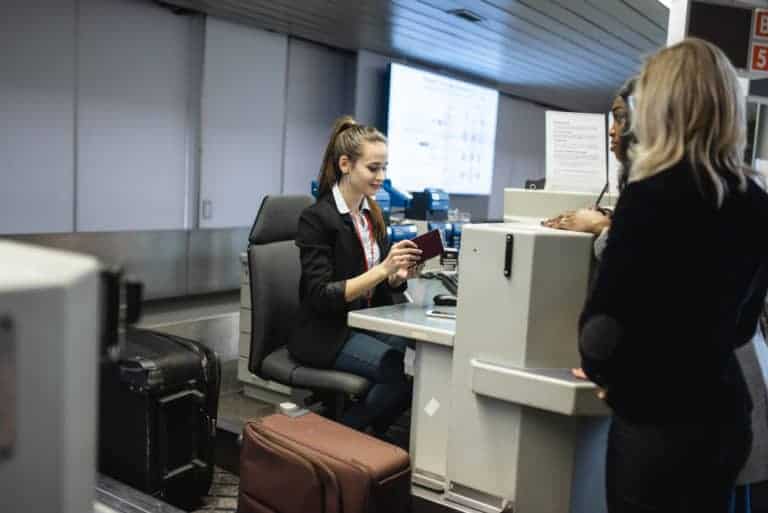
Why I Paid $400 to Check Bags
My mother wanted to bring back some of my late grandmother’s belongings back to the United States, and as a result, we had four pieces of luggage to check between the two of us. The first segment of our itinerary was operated by Asiana Airlines, and I’d consulted the carrier’s baggage allowance limits prior to departure to make sure we’d be OK. Asiana’s policy allows two free checked bags per person on transpacific flights. Perfect.
My mom and I arrived at Almaty International Airport, went up to the check-in desk and immediately hit a snag. For some reason, zero baggage allowance was attached to the award ticket. Not even the first bag was included. The check-in agent said that the ticket was processed incorrectly. Interestingly enough, I booked my ticket using United miles online, so what could’ve gone wrong?
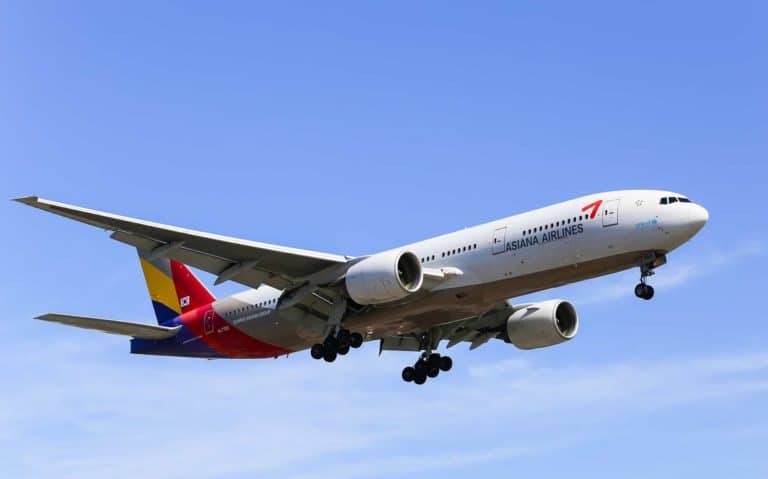
Asiana Airlines
At one point, an entire team of Asiana agents was staring at our booking but didn’t know how to fix the issue. They couldn’t override the baggage allowance because it was issued by United, and we couldn’t board without checking bags.
In the end, they were able to process one bag per passenger at no cost, but each second checked bag was to set us back $200. After spending one and a half hours at the desk, we paid the $400 fee and boarded the flight minutes before the aircraft door was closed. The agents also recommended to claim a refund from United upon arrival and acted like it wouldn’t be a problem to receive one.
After landing in Seoul, I learned that our next flight to San Francisco would be delayed, which would cause us to miss our connection to Salt Lake City. A short stop at San Francisco International Airport turned into an eight-hour layover.
On top of that, I was moved to a middle seat on the long-haul flight from Seoul to San Francisco and got separated from my mom, even though I had selected seats together earlier. Additionally, my boarding pass was flagged for Secondary Security Screening Selection, so I got frisked in the jetway. Upon arrival, one of the Priority Pass restaurants in San Francisco wasn’t open to Priority Pass cardholders.
The little things added up to one long and frustrating travel day. Needless to say, by the time it was all over, I was exhausted—physically and emotionally.
What I Did to Claim Compensation
Upon returning home, I tweeted about my travel woes and tagged both United and Asiana in the post, to which United replied that passengers are subject to the baggage policies of the first airline. Except we weren’t. They advised I contact Asiana for a refund.
Hi there. Even if the ticket is booked with United, passengers are subject to the baggage policies of the first airline they fly with on a given flight path. We sincerely apologize if this was not clear. ^CM
— United Airlines (@united) June 22, 2019
Here we go. The blame game began.
Off to Asiana I went. Unfortunately, the airline doesn’t have a customer service phone line that handles these kinds of issues. Apparently, Asiana is stuck in the 18th century and still uses emails for customer complaints. I sent an email with a detailed description of the problem and waited patiently for a response. Two weeks later, I received a reply stating that the excess baggage fee was applied accordingly and that I should contact United for further assistance. Ugh…
We understand your frustration, and we do apologize. We encourage you to reach out to Asiana about this, as they will be able to best assist. ^CM
— United Airlines (@united) June 22, 2019
I called United wondering what to do next. The phone agent recommended that I use United’s online form to claim a refund. I filled out what seemed like an endless number of blank fields with my flight info, added a detailed note describing my experience at the airport, attached copies of all baggage receipts and waited patiently for a reply again.
We encourage you to speak to our Baggage team directly. They are available by phone at 1(800) 335-2247. ^CM
— United Airlines (@united) June 22, 2019
Another two weeks later, I got a reply saying that my type of request is best handled by a customer care team and that they forwarded my request for a review. After a month, I got a no-response response in which someone apologized for not meeting my expectations. No one, in fact, had attempted to assist at that point. It felt as if some nameless robot sent a canned reply with an insincere apology without actually reading my complaint.
Little did they know, I’m persistent.
I replied to the email expressing my disappointment and waited patiently for a reply one more time. A month and a half later, a United agent with an actual name responded saying she was missing some details regarding my complaint. The email requested information concerning passenger names, frequent flyer numbers, flight number, date of travel, etc. The agent, in fact, was missing all of the details it seemed.
Again, I provided all the information and hit “Send” not knowing how long I’d have to wait for a response. Imagine my surprise, when the same agent replied two days later with an offer of two $200 United vouchers for my mom and me as compensation.
But I wasn’t satisfied. After all, I’d spent three and a half months of my time looking for answers.
I expressed my concern about the voucher not being exactly the same as cash. It has an expiration date (one year from the date of issue). To counter, I requested a refund of $75 each that I paid in close-in booking fees because my tickets weren’t handled properly plus 20,000 United miles for the inconvenience. Unfortunately, the agent said she couldn’t refund the fees but agreed to add 20,000 miles to my account.
60,000
Bonus Miles
after you spend $3,000 on purchases in the first 3 months your account is open.
Annual Fee: $0 for your first year, then $150.
Lessons Learned from the Ordeal
Lesson No. 1: Document everything.
My first tweet to United and Asiana was the first documented complaint to both airlines. Not only is it date stamped, it also shows that I’ve reached out to the carriers as soon as possible. In addition, I’d saved all my receipts and email correspondence to back up my claim.
Lesson No. 2: Be patient and persistent.
Just because the airline doesn’t respond immediately, keep calling or sending emails. Eventually, someone will reply to your inquiry. Patience goes a long way when trying to deal with airlines, so don’t give up when you hear nothing back.
Lesson No. 3: If you’re not happy with the resolution, ask for more.
I wouldn’t have received the 20,000 customer care compensation miles had I not explained to the agent why I was unhappy. She was willing to help and meet me halfway to bring the matter to a close. However, don’t let this be a permission to be greedy. Know when to accept the compensation offered and cut your losses when appropriate.
Final Thoughts
No one likes to deal with airlines when things go wrong. And at the rate I travel, something does go wrong every now and then, whether it’s delayed baggage, missing crew or runway construction. At the end of the day, I was happy with the resolution, but I wish that the issue didn’t arise in the first place.
New to the world of points and miles? The Chase Sapphire Preferred® Card is the best card to start with.
With a bonus of 75,000 bonus points after you spend $5,000 on purchases in the first 3 months from account opening. , 5x points on travel booked through the Chase Travel Portal and 3x points on restaurants, streaming services, and online groceries (excluding Target, Walmart, and wholesale clubs), this card truly cannot be beat for getting started!
Editors Note: Opinions expressed here are author’s alone, not those of any bank, credit card issuer, hotel, airline, or other entity. This content has not been reviewed, approved or otherwise endorsed by any of the entities included within the post.





